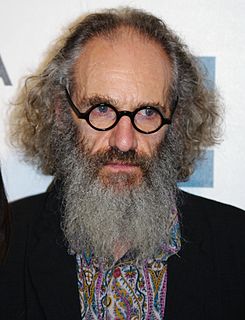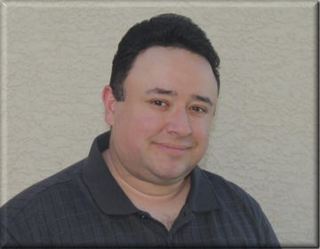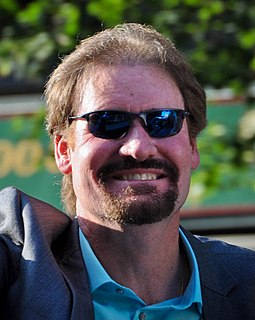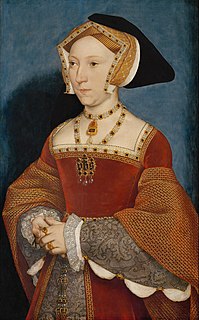A Quote by Tony Kaye
When I started my filmmaking journey 17 years ago, I honestly didn't know what a documentary film was.
Quote Topics
Related Quotes
As the world of independent feature filmmaking became increasingly commercialized by the mid-1990s, there was also a parallel, much more positive development: a resurgence in documentary filmmaking, thanks in part to the advent of the cheaper, lighter digital format that helped to offset the daunting costs of pursuing political aims through film.
Most people look at a feature film and say, "It's just a movie." For me there is no border or wall between fiction and documentary filmmaking. In documentaries, you have to deal with real people and their real feelings - you are working with real laughter, happiness, sadness. To try to reflect the reality is not the same as reality itself. That's why I think that making a good documentary is much harder than making a good feature film.
I went to film school when I was 17, and of course when you are very young you think that there is nothing else in the world except film. At some point I started getting hungry to see something else. For five years I didn't make any films, I was traveling around the world, writing for newspapers, working in theater, working in opera, I thought I would never return to film.




































